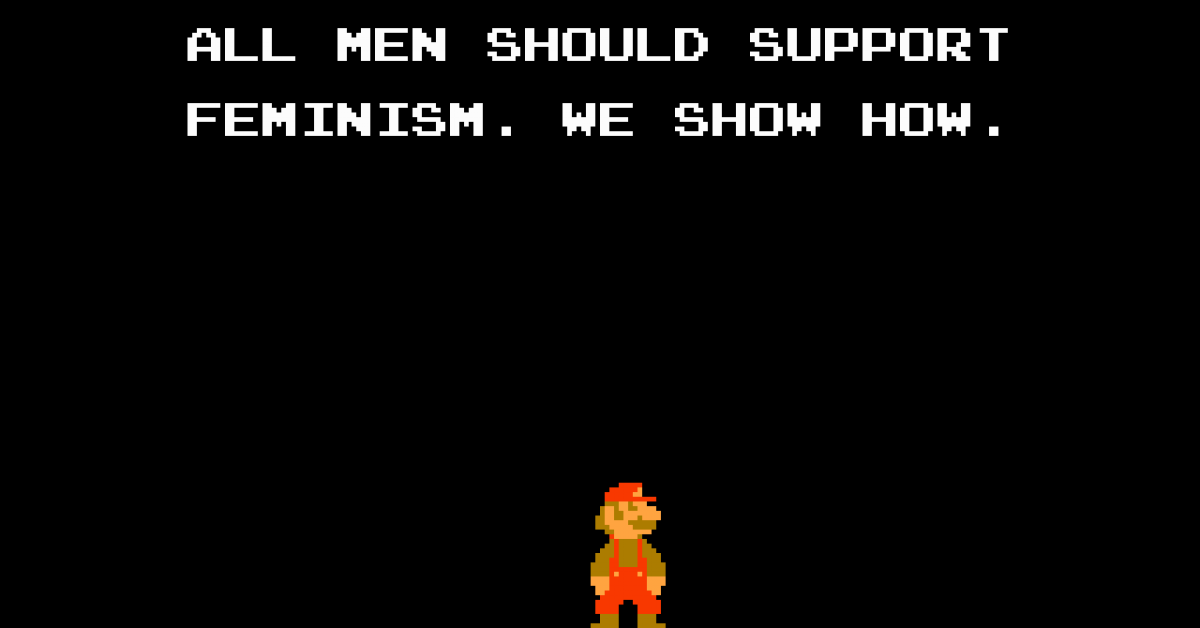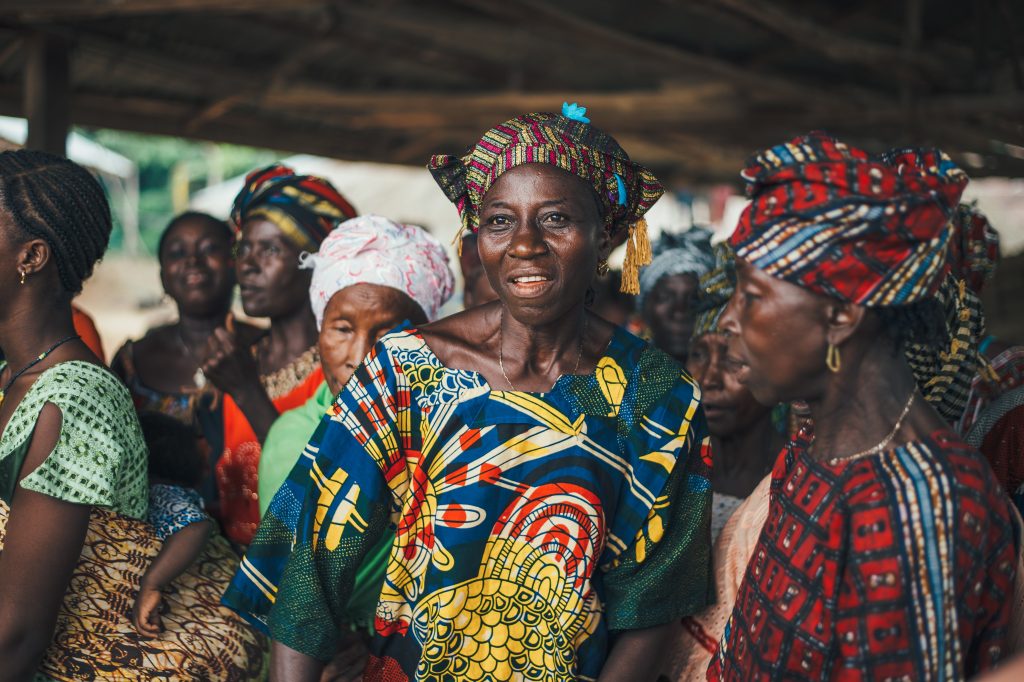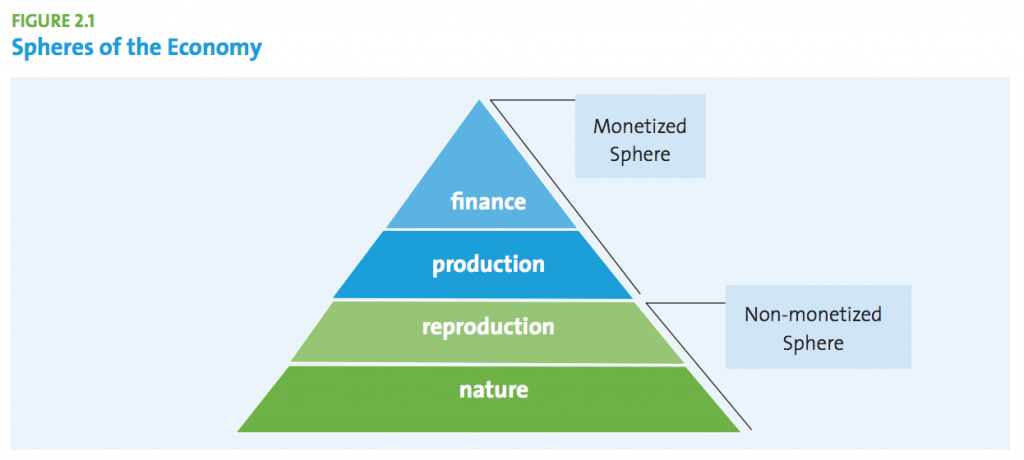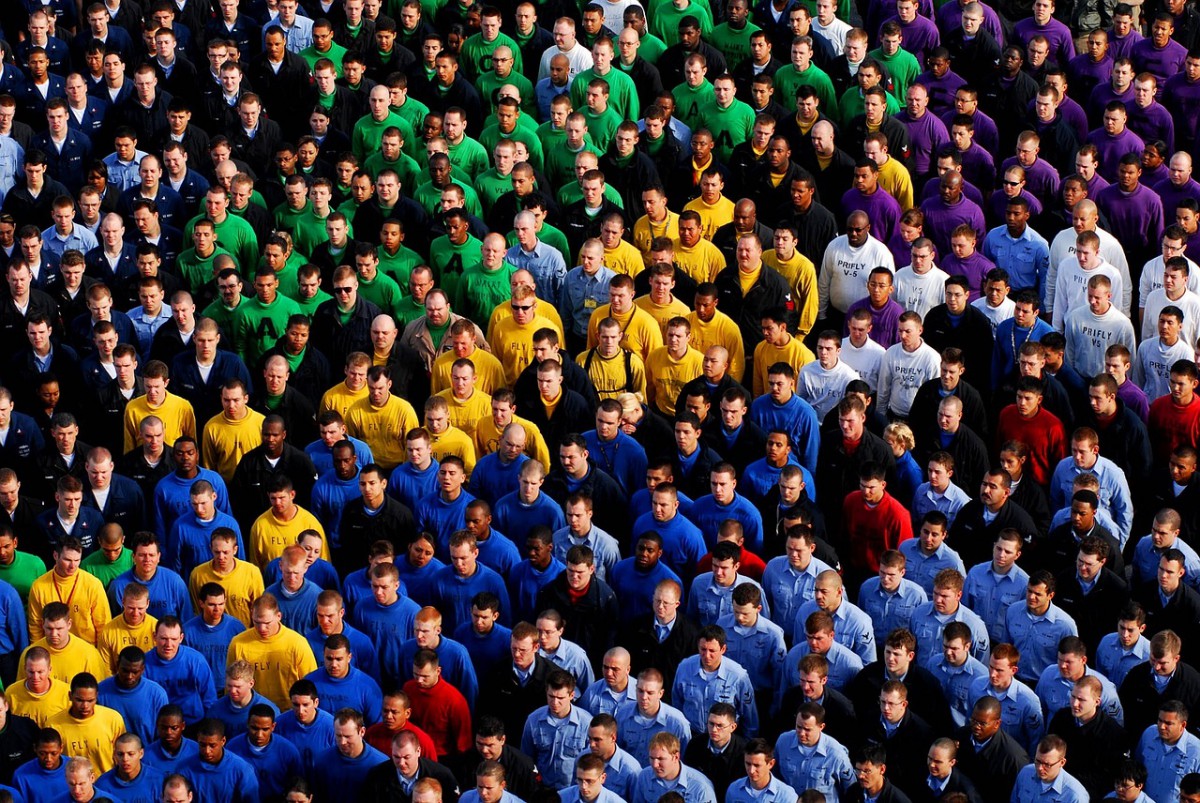Good evening. Thank you for the opportunity to say a few words.
The fact, that I am doing this keynote – a white, heterosexual, able-bodied, comparatively old, cis-male from Germany – can be both: a provocation and a sign of hope. And maybe it is indeed both.
Male feminist engagement is a paradox in itself. We need to be aware of that. And I need this, my awareness, to be followed by a sense of responsibility: I am responsible for the choices I am making.
One of the things I always want to achieve through activism is to criticize the very privilege of mine, which I have been trying to describe by listing my non-diverse setup. My role raises a lot of questions. And quite frankly: I do not have an answer to a lot of those questions.
Should I participate, should I speak up and share a perspective that has probably been shared too many times already?
Or should I step away and make room and just listen and learn?
And no matter which decision I am making: There are always well-founded arguments against and legitimate criticism of my decisions.
So thank you once again, dear Global Shapers, for giving me the opportunity to speak, knowing that this means, that so many people, who should be speaking, who should be heard and included are not getting this very opportunity – at least not today.
If I may, I would like to talk about the current situation in my home country, which by many people around the globe is seen as a positive example during the Corona crisis. Germany is being regarded as an economic powerhouse of global scale. But I do have some doubts whether these two assessments are fair and correct.
What we’re experiencing in times of the global Corona crisis, is nothing less than the escalation of gender gaps.
Speaking from Germany and about Germany, we have an average Gender Pay Gap of 20 %, a Gender Care Gap of 52.4 %, a Gender Pension Gap of around 50 % and many many more rather invisible gender gaps.
Corona is a magnifying glass for these issues. And this magnifying glass is clearly pointing out: Germany is not doing well. Actually, not at all.
I got a WhatsApp message last week from a friend of ours. She’s a married mother of two and is currently working part-time. What she’s doing is: She’s getting up at 4:30 in the morning, starting her job at 5 a.m. and working until 9 o’clock. By then, her family would be up and she would take over the kids and the household so that her husband can do his full-time job out of their home office.
This is just one story, there are literally thousands. This has to do with a German obsession with the ideal of a traditional core family as well as with our widespread image of women and mothers being kind of a natural default option for care work. This is very hard to tackle.
And there are, of course, stories that are far worse, and that are hardly being told at all. Stories from much less privileged people. From single mothers and parents, from people with disabilities who depend on the help of others, from marginalized groups and individuals, whose situation has even worsened through Covid-19. This list goes on and on.
Here in Germany, the massive consequences of systemic toxic masculinity, for instance, are still being largely ignored. Misogyny and sexual harassment are still being seen by many as imported phenomenons rather than as deeply rooted integral parts of a German socialization. Covid-19 has already taken its toll: The quantity and the quality of domestic abuse primarily against women and children has increased in more than dramatic fashion.
Globally, the economic and physical disruptions caused by the disease could have vast consequences for the rights and health of women and girls. According to UN Women Germany, a new analysis by the United Nations Population Fund estimates
- seven million unwanted pregnancies⠀
- 31 million additional cases of Gender violence
- two million cases of female genital mutilation and
- an additional 13 million child marriages within the upcoming decade that could have been prevented.
All of this is devastating. And all of this stands in sharp contrast to so many articles and op-eds claiming that the Corona crisis is a huge opportunity für positive change.
Is it?
In Germany, it took the public debate more than six weeks into the crisis, before politicians even started talking about families and children and parents. They’re still not talking that much about women, which clearly indicates a systemic deficiency once more.
The reason why parents and mothers and women do not have a lobby is because they are not represented in the decision-making processes. They do care work instead of career work, instead of paid work. Because they have to. The debate is lacking their perspective. And we are blaming the women and mothers and parents for not contributing their perspective rather than blaming the people in charge: predominantly men who hardly have any care responsibilities and who have pursued their careers on the backs of a legion of caseworkers and caregivers who have been ignored for so long.
Speaking of systems: Virtually everybody is talking about system-relevant parts of our economies and societies. System-relevance seems to have become the new hard-skill. The discussion is a large-scale in-group/out-group lab trial. If you are system-relevant, you get praise from our balconies at 9 p.m. If you are not, well… you’re not.
As if those, who have been ignored by our systems for so long already, didn’t know that…
The problem is: What if the expression “system-relevant” is just a euphemism for “Yeah, let’s get them some applause and praise and spotlight so that we wouldn’t have to change anything about their working conditions, let alone their financial resources”? And what if the really system-relevant groups haven’t yet been addressed at all?
Maybe this is complaining on a comparatively high level, but what I will never understand is, that German politics in the context of diversity and gender equality is so obviously lacking a vision. Instead: Paid work and the economy are and remain our dogma.
Our workforces, on the other hand, have been reduced to their mere capability to…. well… to work, to function, to fulfill, to provide, to support, to engage, to accelerate, to optimize, to adapt… and yet, even in times of a pandemic, hardly anybody seems to be able or willing to acknowledge a simple truth: The way our systems speak about people and their system-relevance says much more about the systems than about the people.
“Stop fixing people, fix the system” has been my credo ever since I have started working as a freelance consultant for organizational cultures. And actually, this credo has another connotation most of the time. It reads “Stop fixing women, fix the system”. For it is still an organizational reflex to expect women to adapt to organizations. And this reflex is by no means an exclusively male reflex. Patriarchy has gone to great lengths to imprint its manipulative logic into our brains. We need huge efforts to make this visible and to create access to understanding and to deconstructing our systemic reflexes.
This is where all our activisms can come together. Because together, we can make significant system change possible.
Sonja Bastin, a sociologist from Bremen, has recently given an interview in which she states:
“We have to understand that none of us could open a business, none of us would be politicians or could find a vaccine if it weren’t for people who do care work. No one should be allowed to take advantage of an adult worker or employee without paying compensation.”
Does that sound radical to you? Maybe yes. But is it a utopian or a dystopian thought? I believe we need to re-negotiate our utopias and take responsibility for our collective future as human-beings.
This is what activism can be about: bringing our utopias within striking distance. Creating safe spaces where we can discuss and negotiate our ideas of a collective present and future. Including diverse perspectives and different points-of-view across continents, industries, societies and social spheres. Like tonight.
This does not mean that we should ignore all the bad things that are happening. And this does not mean, either, that we cannot be critical about one another, that we shouldn’t challenge or speak out about our biases and blind spots and privileges.
This just means that there is still enough common ground for us all working together in very different contexts.
I would like to thank you all for being part of this. For seeking new ideas and platforms and technologies to bring change. For supporting each other and for becoming allies for all the different approaches towards gender equality. For tolerating educational gaps of activism and for trusting the good intentions of each and everyone who is participating tonight and beyond today.
I am very much looking forward to some exciting startup pitches by very smart entrepreneurs as well as to listening to the panel discussion and the exchange of diverse points of view a bit later.
Have a great evening and thank you.
This keynote was being presented (remotely) by Robert Franken during the NEXT B2B FORUM by Global Shapers Hub Frankfurt on May 26th 2020.





